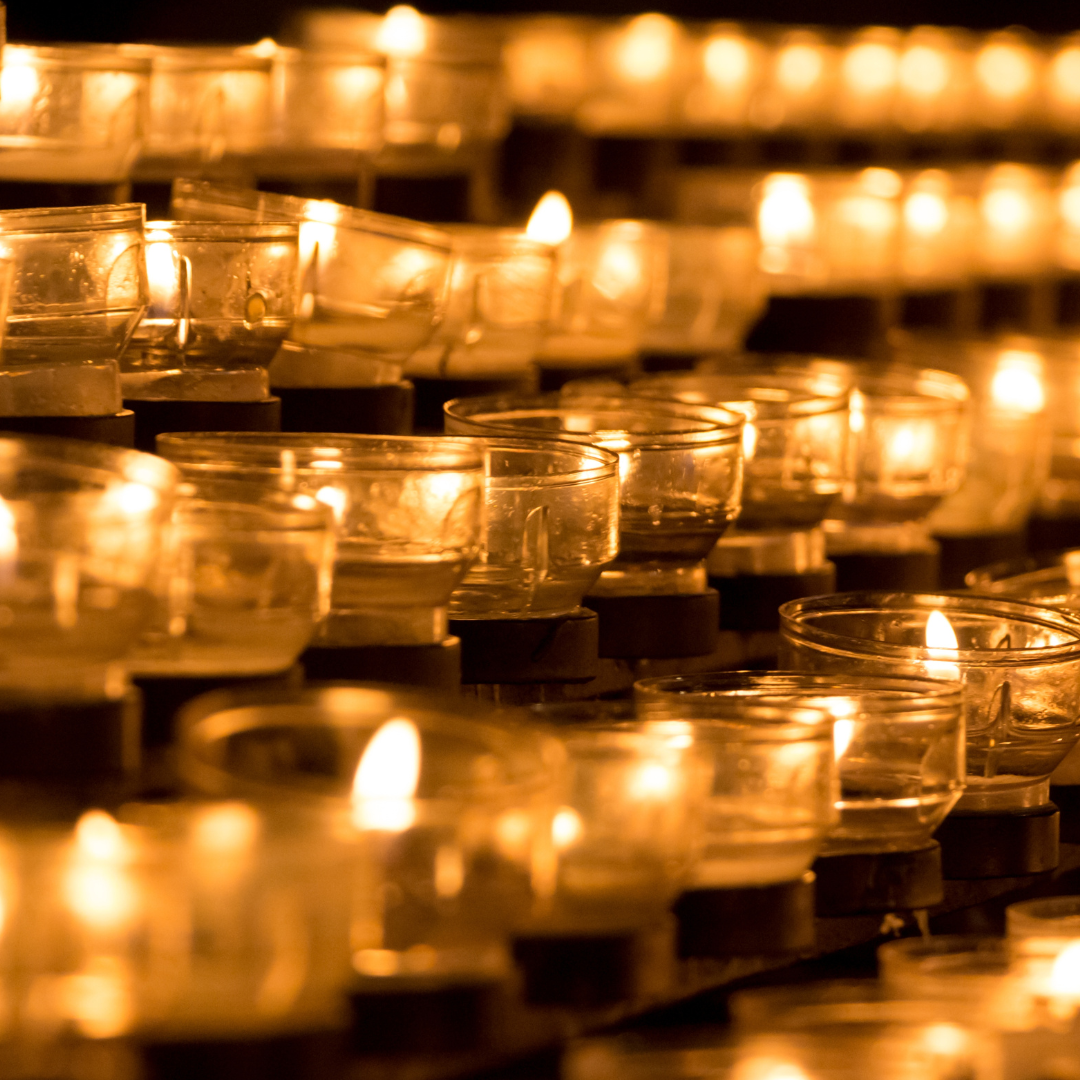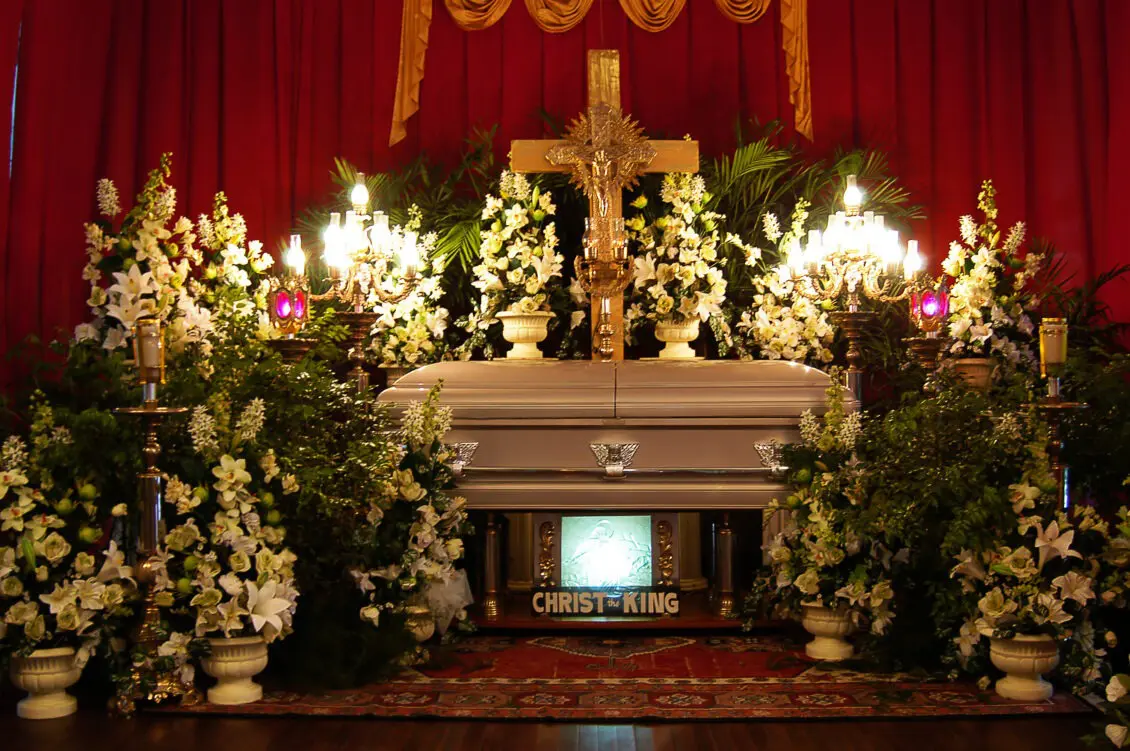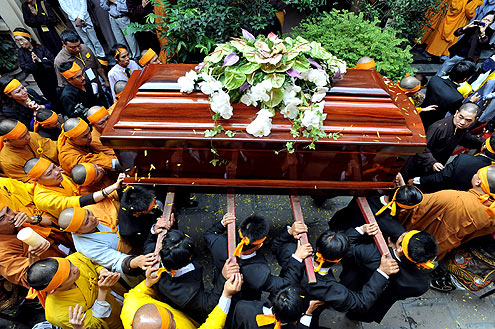Planning a funeral is an emotional journey, and it becomes even more delicate when honoring the beliefs of two or more faiths. Interfaith funerals offer a meaningful way to celebrate a loved one’s life while respecting the diverse spiritual traditions that shaped their journey. From blending rituals to ensuring harmony among family members, this guide will help you navigate interfaith funeral planning with sensitivity and understanding.
What Is an Interfaith Funeral?
An interfaith funeral is a service designed to honor the traditions of more than one religion or belief system. These funerals are increasingly common in today’s diverse world, where marriages and relationships often bridge multiple faiths.
The goal of an interfaith funeral is to create a service that respects the deceased’s wishes and brings comfort to loved ones. This may involve incorporating elements from different religious traditions, such as prayers, rituals, or symbolic gestures, to create a ceremony that feels inclusive and personal.
Steps to Plan an Interfaith Funeral
1. Understand the Beliefs Involved
Start by having open conversations with family members to understand the beliefs and traditions that should be represented. Research each faith’s funeral customs or speak with religious leaders to ensure key rituals are included.
For example, if one side practices Hindu cremation rites while the other follows Christian burial traditions, you might plan a ceremony that includes aspects of both. Understanding these traditions will help you create a respectful balance.
2. Consult Clergy or Religious Leaders
Clergy members from each faith can provide guidance on blending rituals. They can also suggest which practices are essential and which can be adjusted to fit a multi-faith ceremony.
For instance, in Jewish customs, a quick burial is prioritized, while some Christian traditions involve wakes or viewings. In this case, collaborating with religious leaders can help create a timeline that accommodates both customs.
3. Find a Neutral Venue
When planning an interfaith funeral, choosing the right location is key. Some families prefer a non-denominational funeral home, an outdoor space, or even their home to ensure neutrality. This way, no one feels excluded, and the focus remains on celebrating the loved one’s life.
4. Blend Rituals Thoughtfully
Blending traditions doesn’t mean everything must happen simultaneously. You can create a ceremony that flows naturally by including different elements in separate parts of the service. For example:
- Start with a moment of silence or universal prayer.
- Include scripture readings or songs from both faiths.
- End with shared rituals like lighting candles or placing flowers.
A multi-faith funeral guide can be particularly helpful for ensuring balance and avoiding unintentional oversights.
5. Involve the Family
Encourage family members to share memories, recite prayers, or perform symbolic acts. This personalizes the service while allowing everyone to feel included. For example, if one faith emphasizes communal mourning, like the Jewish tradition of Shiva, this can be adapted into the broader gathering.
6. Focus on Shared Values
Despite differences in customs, many faiths share universal values like love, respect, and remembrance. Highlight these themes throughout the ceremony to foster unity among attendees.
Challenges of Interfaith Funeral Planning
While interfaith funerals can be beautiful and healing, they aren’t without challenges. Conflicts may arise when traditions or timelines clash. Open communication is crucial to ensure everyone feels heard and respected.
For instance, in Muslim traditions, burial often takes place within 24 hours, which may conflict with other faiths’ practices. By discussing these issues early and involving both families, you can find compromises that honor all perspectives.
Why Interfaith Funerals Matter
At their core, interfaith funerals are about bringing people together. They acknowledge the complexity of modern relationships and celebrate the rich diversity of beliefs that make up our lives. When planned with care, they can be a powerful testament to love and understanding, creating a meaningful tribute that resonates across faiths.
Key Takeaways for Interfaith Funeral Planning
- Open communication is essential.
- Collaborate with religious leaders from all represented faiths.
- Choose a neutral location to foster inclusivity.
- Focus on blending traditions in a way that respects everyone’s beliefs.
- Emphasize shared values like love, respect, and remembrance.
Planning a multi-faith funeral isn’t just about logistics; it’s about honoring the life of someone who brought different worlds together. By embracing compassion and creativity, you can create a service that truly reflects their spirit.





